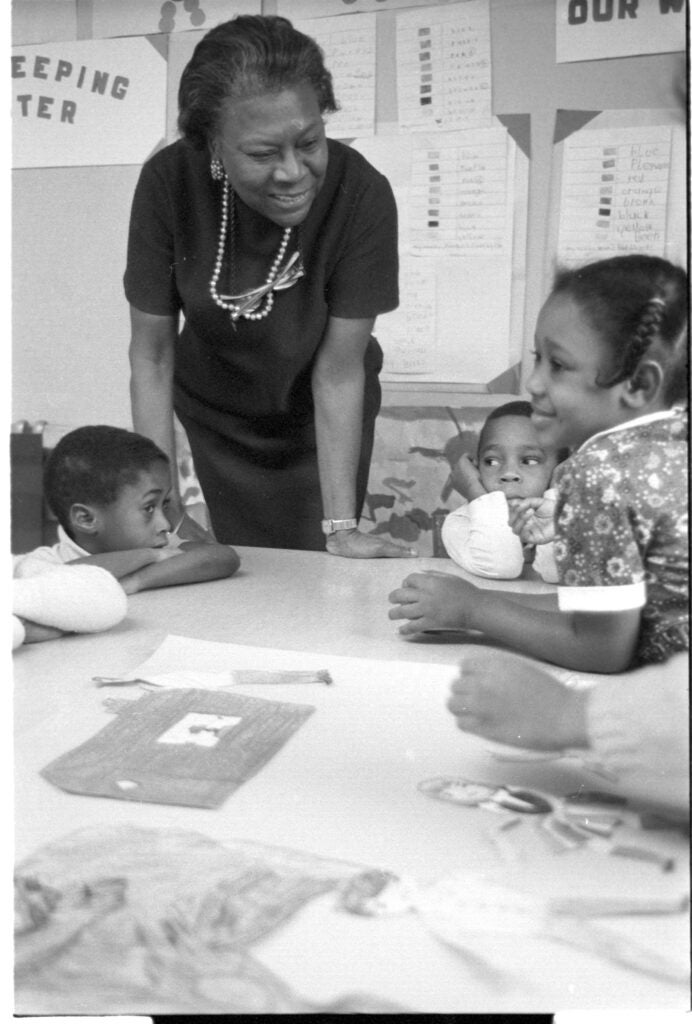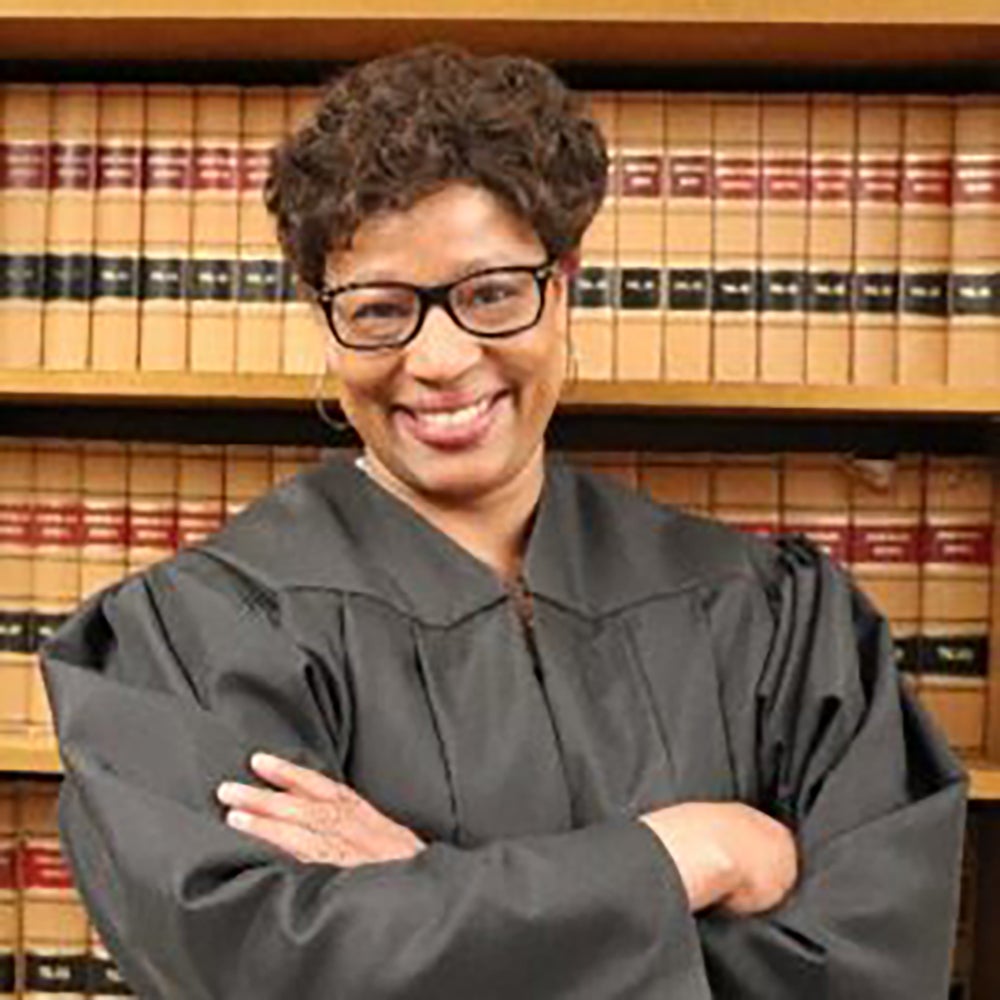KINGSTON, R.I. – April 3, 2024 – The University of Rhode Island will host its annual Dr. Rose Butler Browne Leadership & Mentoring Program Women of Color Conference on Saturday, April 13, 9 a.m. to 4:30 p.m. in Avedisian Hall, 7 Greenhouse Road, Kingston. This year’s conference, the first since before the pandemic, will feature Melissa DuBose, associate judge on the Rhode Island District Court.
Last year, DuBose was nominated by President Joe Biden for a seat on the U.S. District Court for the District of Rhode Island. In March, she was confirmed by the U.S. Senate and on Dec. 31, she will assume her historic seat as Rhode Island’s first Black federal district court judge.

This year’s Women of Color Conference is sponsored by the URI Women’s Center in collaboration with the University’s Center for Student Leadership Development. The conference is open to all URI students, faculty and staff; priority is given to students but other community members are welcome to attend. Event organizers say they hope to create a space where women of color at URI can come together as a community, to strengthen bonds and amplify their voices.
This year’s conference for women of color at URI will include breakout sessions and panels on diverse entrepreneurship, BIPOC women in STEM, authentic identity in traditionally white spaces and fields, and being a woman of color in public-facing communications. The day includes networking opportunities; the event is free and lunch is provided. Register here.

Judge Melissa DuBose keynote speaker
Organizers are pleased to host DuBose as the day’s closing keynote speaker (3 p.m.). The newly appointed U.S. District Court judge is the first woman of color and first LGBTQ+ person to be seated in the U.S. District Court in Rhode Island.
Prior to serving in Rhode Island’s District Court, DuBose was senior legal counsel at Schneider Electric in nearby West Kingston, specializing in corporate compliance, ethics, and fair trade. A lifelong Rhode Islander, she earned her undergraduate degree in political science from Providence College and spent more than a decade teaching history in Providence Public Schools, most recently at Central High School. While teaching full time, she earned her law degree from Roger Williams University School of Law and was then appointed Special Assistant Attorney General, assigned to the criminal division.
DuBose works in Providence County, presiding over criminal and civil cases. She also serves on the Roger Williams University School of Law’s board of directors and chairs the board’s diversity and inclusion committee. She is a member of the Committee on Racial and Ethnic Fairness in Rhode Island Courts and, since 2021, has served on the Rhode Island Foundation Board as Chief Justice Paul Suttell’s designee.
Speaking to the legacy of Rose Butler Browne at URI, and beyond
At URI, DuBose will speak to today’s women students of color at an event named for Rhode Island’s Rose Butler Browne, the first Black woman to graduate from URI. Browne graduated from URI in 1921 and went on to receive her doctorate in education from Harvard University in 1939, the first Black woman to earn a doctoral degree there.
DuBose and Browne share a legacy of teaching students, a love of the written word, and a willingness to effect change.
After URI, Browne embarked on a 47-year career teaching at Black colleges in the South, training more teachers to teach young people across the region, to ensure equitable education for all.
While on the faculty at Bluefield State University, Browne made a dramatic move to point out the unequal treatment of Black teachers at that time. West Virginia had a practice of recruiting white teachers for white schools and equipping those schools first, then, with whatever remained of the state-allocated funds, hiring Black teachers and equipping their Black schools.
Seeing that this was separate and hardly equal education, Browne reacted one year by refusing to send her graduates to teaching positions in the state, for lesser pay and treatment. She was subsequently relieved of her placement duties.
But by drawing attention to the second-class treatment of Black education graduates and their schools, Browne forced the issue, gradually resulting in better salaries, facilities and educational environments for Black teachers and students.
Ana Barraza ’94 ’04, director of the URI Women’s Center, taught the class in Browne’s name at URI for several years and says she is well aware that she is a legacy of Rose Butler Browne at the University. “I am one of the women who had access to education, access to obtain degrees and certifications because of the work that Rose Butler Browne did,” she says, “and the challenges she overcame as a teacher and educator. I am grateful for all she overcame in order to pave the way and make it less challenging for me.”
Barraza notes that women continue to face challenges of access and equity: “It is our role and responsibility to assist other women of color, first-generation college students and students with marginalized identities to access spaces and create spaces for all of us to flourish and succeed.”

